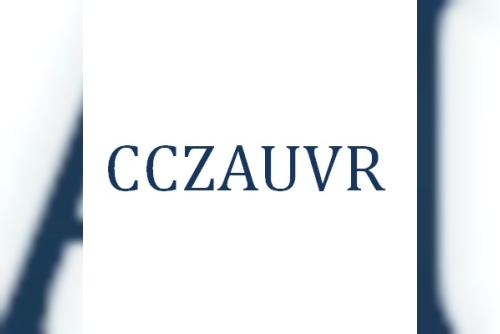Facts You Shouldn't Miss About Financial Due Diligence
An investigation into a company's financial issues is known as financial due diligence.Due diligence is similar to an audit in that it is performed by outsiders who seek to better understand the company's financial position and future prospects.
Financial due diligence also aims to find problems that aren't immediately obvious in the financial statements.
Prospective buyers should undertake their own financial due diligence on purchases under $1 million because it is more cost-effective.
KEY TAKEAWAYS:
As a general guideline, the cost of financial due diligence should not exceed 1% of the overall transaction value.
Following the completion of a letter of intent with the seller, financial due diligence begins. The procedure usually takes 4-6 weeks to complete.
However, depending on the quality of the seller's financials and support, it may take longer.
Financial Due Diligence Types
1. Due Diligence On The Buy-Side
An acquirer or buyer who intends to purchase the target company in issue conducts this type of FDD. A buyer could be a private equity firm, a venture capitalist, a strategic investor, an investment bank, a family office, a pension fund, an insurance company, or something else entirely.
Buy-side The financial soundness of the target company is the primary focus of the FDD. It entails compiling data on the company's revenues, expenses, balance sheet, debtors and creditors, growth rate, and market share, among other things.
2. Due Diligence On The Sell-Side (Vendor)
Sell-side A seller or vendor selling a business, on the other hand, completes an FDD. This procedure focuses on areas of interest for potential acquirers or purchasers, ensuring that the transaction goes smoothly.
A sell-side analyst Financial Due Diligence assists the seller through an internal audit, assisting in the discovery of flaws that would otherwise go unnoticed.
Financial Due Diligence Vs Audit: What's The Difference?
Financial due diligence aids the buyer in determining the target company's financial soundness. An audit, on the other hand, provides assurance about the target company's financial accounts.
Here are some more significant distinctions between FDD and audit:
Financial Due Diligence
Audit
1. The vendor's scope and procedure were determined and agreed upon.
1. The country's rules and regulations determine the scope and procedure.
2. Does not verify the accuracy of the material available.
2. The accuracy of the data is checked.
3. Think about the future.
3. Focuses primarily on historical data.
4. Analyzes the earnings quality.
4. Examine the balance sheet.
How Important Is Financial Due Diligence?
The Financial Disclosure Document (FDD) provides information on the company's financial performance as well as its ability to create future profits. It gives you a detailed picture of the company's advantages and disadvantages.
You will be able to make better decisions about your next moves after you have this information. You'll figure out how much money you'll need to buy the business. You'll also have a better notion of what kind of return to anticipate from your investment.
The Advantages Of Financial Due Diligence
There are a number of advantages to conducting financial due diligence:
Determine whether there are any potential dangers linked with the chosen company.
Evaluate the acquisition's viability.
Recognize the target company's genuine worth.
Prior to signing a purchase agreement, identify the concerns that need to be addressed.
Confirm that the buyer has sufficient funds to finish the transaction.
Why Should You Hire A Professional To Perform Financial Due Diligence?
Close the deal as soon as possible. Buyers often spend weeks coming up to closing acquiring funds and drafting a purchase agreement, leaving little time for thorough due research.
Instill trust in your investors. Hiring independent third-party expertise instills confidence in your investors.
Financial statements that are dishonest should be avoided. Professionals that are experienced with deceitful accounting can spot errors fast and simply.
To ensure that no stone is left unturned, professionals apply their expert judgment, smart analysis, and a detailed due diligence checklist.
To Sum Up
A manufacturing firm will devote more resources to operational due diligence, whereas a technology firm will devote more resources to technical due diligence. Financial due diligence should be a priority for all businesses, regardless of industry.
Due diligence is a service that we give. You can obtain our services from any location. It will be really advantageous to you.












